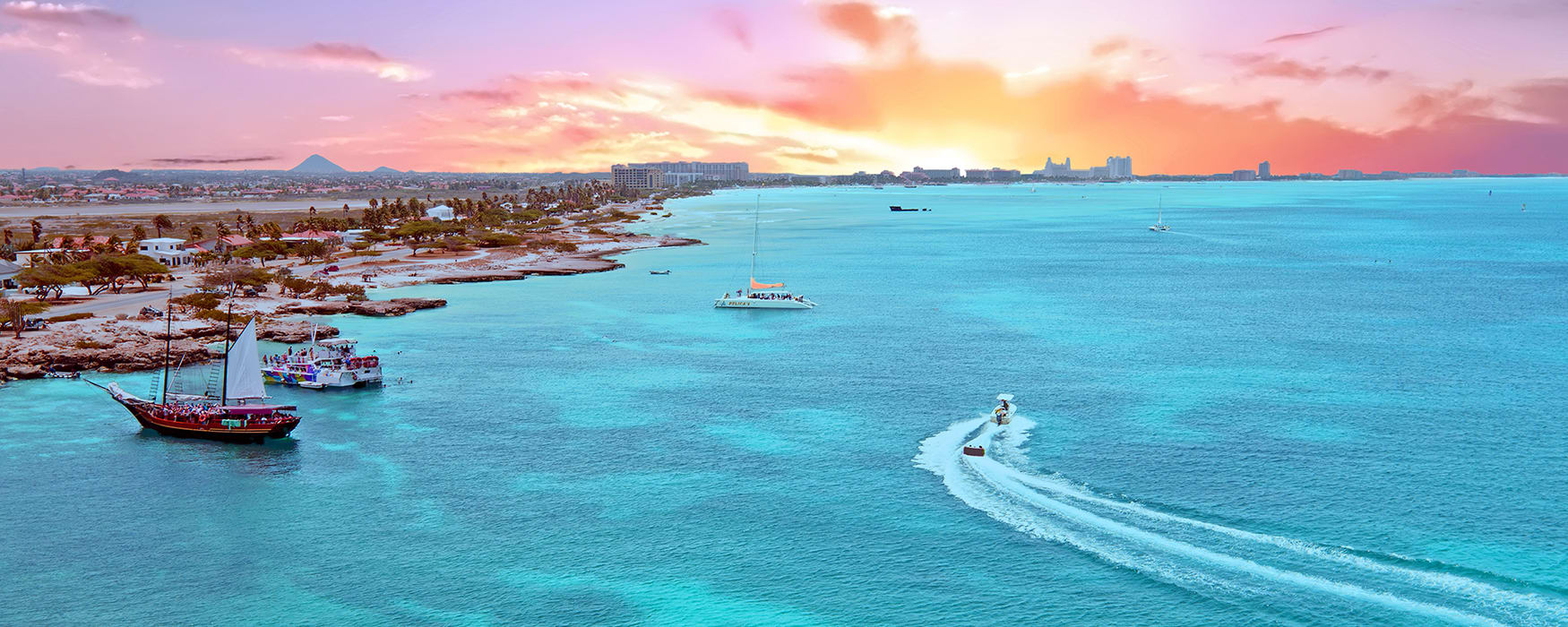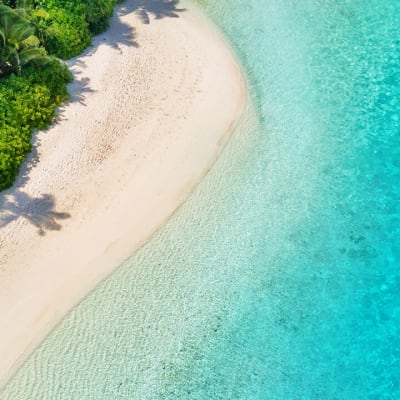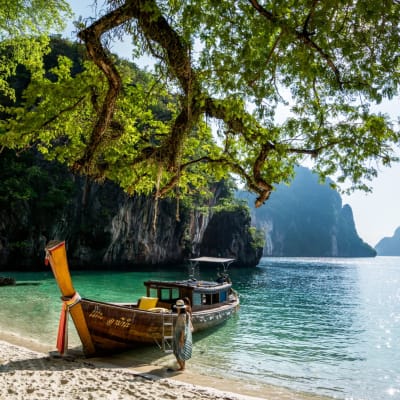Luxury Aruba Dutch Antilles Holidays
This island in the Dutch Caribbean lies just north of Venezuela. Aruba welcomes visitors year-round with warm turquoise waters and beautiful sandy beaches. The beaches are certainly the main draw and are considered by some to be the best in the Netherlands Antilles. While this can result in some packed sands, it also produces a laid-back party vibe where the sound of Caribbean music fills the air. There’s a nice culture to be found here and the island language is a blend of Portuguese, Dutch, Spanish and West African.
Overview
This island in the Dutch Caribbean lies just north of Venezuela. Aruba welcomes visitors year-round with warm turquoise waters and beautiful sandy beaches. The beaches are certainly the main draw and are considered by some to be the best in the Netherlands Antilles. While this can result in some packed sands, it also produces a laid-back party vibe where the sound of Caribbean music fills the air. There’s a nice culture to be found here and the island language is a blend of Portuguese, Dutch, Spanish and West African.
Aruba was previously part of the Netherlands Antilles, a constituent country of the Kingdom of the Netherlands that existed from 1954 to 2010. Although this country ceased to exist, Aruba and other islands are still often referred to as the Dutch Caribbean. The island is full of contrasts; a place where gorgeous beaches and lively casinos are joined by local craft shops and abandoned gold mines. The mines sit within the Arikok National Park which makes up 20% of the island. Within the park you will find hidden caves, Indian rock drawings, secluded bays and hills filled with cacti – perfect for guided nature walks, cave exploring and off-road adventures.
The capital of the island, Oranjestad, is a great place to eat local cuisine, shop the local pottery shops and try your luck in the casinos. If you’re not relaxing on the pristine sands, then head out into the waters for some snorkelling or a day cruise. Those with an eye for history will enjoy the Fort Zoutman, built in 1798 by the Dutch army. This is the oldest structure on the island and houses the historical museum. The first people to inhabit the island were Indians of the Arawak tribe that were fleeing the mainland of Venezuela, and some Indian settlements date back to around 1000AD. In 1508 the first Spaniards came to Aruba, but by 1636 the Dutch took over and pretty much maintained control of the island. During the second world war, Aruba produced oil and petrol for allied troops. It left the Netherlands Antilles in 1986 and became an independent country.
When To Visit
Lying just north to the mainland of Venezuela, Aruba is a year-round destination. Constant sunshine is joined by sea breezes to create a pleasant climate that is generally consistent. The island is at its most crowded at the beginning of the year when Europeans and Americans escape for some winter sun.
One great advantage Aruba has over some of its Caribbean counterparts is that it sits outside the hurricane belt, meaning a lower threat of storms. January to March sees the highest prices, while April to August is when they are at their lowest.
The high trade winds make it a paradise for windsurfers, but this calms down during September to December, which also sees the most precipitation of the year – although most days are still rainfall-free.
Food & Drink
Passport & Visas
Be sure to keep hold of your identification at all times. It's a good idea to have a photocopy of your passport just in case. British Citizens travelling to the Aruba Dutch Antilles for tourism don't need a visa. Find more advice at GOV.UK with information on passports, visas and travel.
















